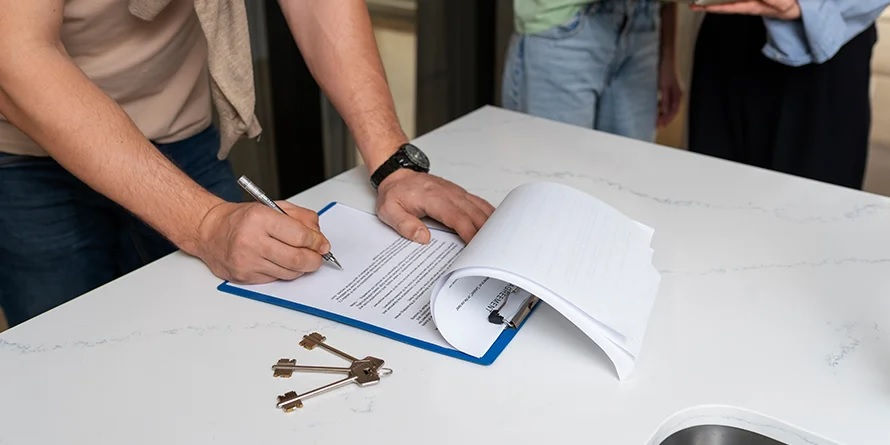Understanding Franking Charges for Document Validity
- pooja joshi
- Nov 25, 2025
- 2 min read
When it comes to legal and financial paperwork—especially in property transactions—many people come across the term franking of documents. It may sound technical, but the process is essential for ensuring that your documents are officially recognized and legally enforceable. One important aspect of this process is franking charges.

What Is Franking of Documents?
Franking of documents refers to the method of stamping documents to indicate that the required stamp duty has been paid to the government. It is an alternative to traditional stamp paper or e-stamping. The franking stamp acts as legal proof that the transaction has been declared and authorized.
This procedure is widely used in agreements such as property sale deeds, loan documents, gift deeds, and legal contracts. Once a document is franked, it gains validity from a legal standpoint and can be accepted by government bodies, banks, and courts.
Why Franking Charges Matter
Franking charges are the fees paid to the bank or authorized franking center for applying the franking stamp. While the stamp duty itself is a government tax, franking charges represent the service cost for processing and validating the document.
Key reasons franking charges are important:
They complete the legal requirement alongside stamp duty.
They ensure transparency and authenticity in financial transactions.
They act as proof of payment, safeguarding both parties involved.
They help avoid disputes regarding ownership or obligations mentioned in the document.
Without proper franking, a document may not be considered valid, potentially leading to delays or legal complications.
How the Franking Process Works
The process of franking documents is simple but must be done correctly:
Prepare the document – Draft the legal agreement or contract.
Visit an authorized franking center – This could be a licensed bank or government-approved vendor.
Pay the required franking charges – These vary depending on the type and value of the document.
Get the document franked – A stamp or impression is applied, marking official approval.
Some banks require the amount involved in the agreement to be paid through their services to proceed with franking. It’s always a good idea to check procedural details in advance.
Final Thoughts
Whether you’re buying property, securing a loan, or signing a business agreement, franking of documents plays a crucial role in giving your paperwork legal standing. Understanding franking charges helps ensure you complete the process correctly and avoid future hassles. If you're preparing important financial or legal documents, make sure franking is on your checklist.







Comments